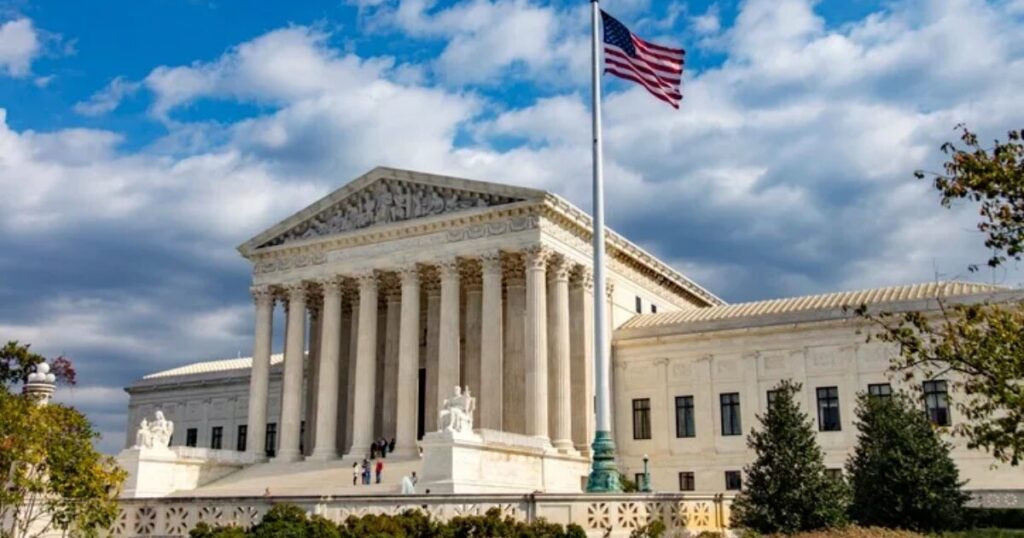The potential involvement of the Supreme Court of the United States (SCOTUS) in the ongoing legal disputes surrounding gambling in Florida could mark a pivotal change in the state’s wagering landscape.
Each year, SCOTUS selects only 100-150 cases to review from approximately 7,000 submissions.
This particular case stems from the Seminole Tribe’s initiation of their Hard Rock Bet platform in November, prior to resolutions in ongoing legal battles both in Florida’s courts and at the national level.
At the heart of the contention is the lawsuit led by West Flagler Associates (WFA) against Governor Ron DeSantis and the Florida legislature.
The lawsuit claims that the approval of the gaming compact between the state and the Seminole Tribe overstepped legal boundaries.
The Florida Supreme Court dismissed this petition on March 21, critiquing WFA’s approach and choice of legal “vehicle” for their challenge.
Further complicating the legal landscape, WFA recently submitted a supplemental brief to SCOTUS, arguing that the Florida Supreme Court’s decision misinterprets the reach of a quo warranto filing and conflicts with federal court rulings, particularly a notable opinion from the DC Circuit Court of Appeals in June 2023.
This appellate decision contested the Florida Supreme Court’s understanding of the Indian Gaming Regulatory Act and the legality of off-reservation gambling, highlighting a critical divide in legal interpretations that could influence SCOTUS’s decision to hear the case.
Justice Meredith Sasso’s opinion for the Florida Supreme Court, which permits statewide mobile sports betting under the compact with the Seminole Tribe, is a central point of contention.
According to Sasso, bets placed anywhere in Florida are considered to occur on tribal lands, a stance that directly contradicts the appellate court’s view that the compact does not authorize gambling outside reservation boundaries.
The Department of the Interior (DOI) is slated to respond to WFA’s brief by April 12, setting the stage for SCOTUS to deliberate on whether to take the case.
With no concrete timeline for a decision, the outcome remains uncertain.
However, WFA’s legal team maintains that a SCOTUS ruling is essential and would not be rendered irrelevant by the Florida Supreme Court’s earlier decision, emphasizing the significance of this legal battle in shaping the future of gambling in Florida.
